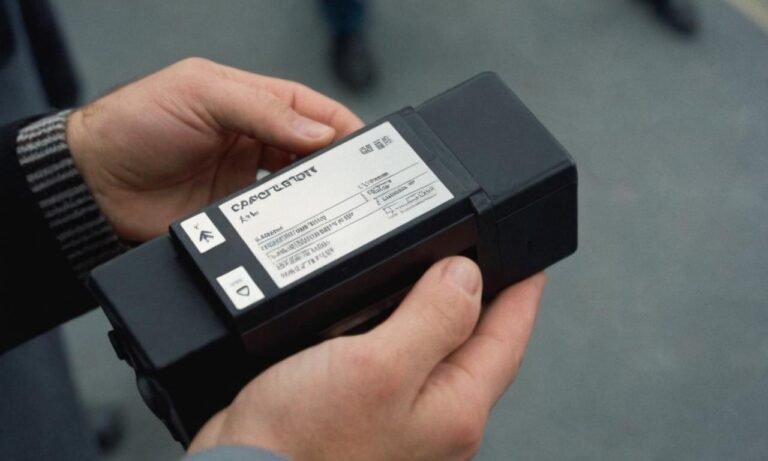Planning a trip involves careful consideration of what items you can and cannot bring on a plane. One common query that travelers often have is, “Can I bring a battery pack on a plane?” Let’s delve into the details and guidelines to ensure a smooth and hassle-free travel experience.
Understanding Airline Regulations
Each airline may have its own set of rules and regulations regarding the transportation of battery packs. It is crucial to check with your specific airline for their guidelines. Generally, most airlines permit passengers to bring battery packs in their carry-on luggage but have restrictions on larger lithium-ion batteries in checked baggage.
Types of Battery Packs
There are various types of battery packs, including lithium-ion, lithium polymer, and alkaline batteries. Lithium-ion and lithium polymer batteries are commonly used in electronic devices, while alkaline batteries are typically found in everyday household items. Airlines often have specific rules for lithium batteries due to their potential fire hazard.
Lithium-ion Battery Pack Regulations
Lithium-ion battery packs, commonly used in smartphones, laptops, and cameras, are subject to specific guidelines. Most airlines allow passengers to bring lithium-ion batteries in their carry-on luggage, but they may restrict the size and quantity. It is crucial to check with the airline for their specific regulations regarding lithium-ion battery packs.
Tips for Traveling with Battery Packs
Follow these tips to ensure a smooth travel experience when bringing a battery pack on a plane:
- Keep battery packs in their original packaging, if possible.
- Avoid bringing damaged or swollen batteries.
- Place battery packs in a plastic bag or protective case to prevent short circuits.
- Carry spare batteries in your carry-on luggage rather than checked baggage.
Additional Considerations
While the Transportation Security Administration (TSA) sets general guidelines for items allowed on planes, individual airlines may have more stringent rules. It is essential to be aware of both TSA regulations and the specific policies of the airline you are flying with to avoid any complications at security checkpoints.
In summary, the answer to the question, “Can I bring a battery pack on a plane?” is generally yes, but with certain restrictions. Understanding the type of battery pack you have, adhering to airline regulations, and following recommended tips will help ensure a smooth and trouble-free travel experience with your electronic devices.
Frequently Asked Questions
Traveling with electronic devices and battery packs can raise several questions. Here are some frequently asked questions to provide further clarity:
1. Can I Bring Multiple Battery Packs?
Most airlines allow passengers to bring multiple battery packs in their carry-on luggage, but restrictions may apply. Check with your airline to determine the maximum quantity and size allowed.
2. Are There Restrictions on Watt-hours (Wh) for Battery Packs?
Some airlines have restrictions on the watt-hours (Wh) of battery packs. It’s essential to be aware of these limitations, especially when carrying high-capacity battery packs commonly used in electronic devices.
3. What Precautions Should I Take with Lithium-ion Batteries?
For lithium-ion batteries, it’s advisable to take extra precautions. Ensure they are well-protected in their original packaging, and avoid carrying damaged or swollen batteries to minimize the risk of fire hazards.
| Tip | Description |
|---|---|
| 1 | Keep battery packs in original packaging, if possible. |
| 2 | Place battery packs in a plastic bag or protective case. |
| 3 | Carry spare batteries in your carry-on luggage. |
4. Can I Bring Battery Packs in Checked Baggage?
While many airlines allow battery packs in carry-on luggage, restrictions may apply to placing them in checked baggage. Review your airline’s guidelines to avoid any inconvenience during security checks.
5. What if My Device Has a Built-in Battery?
Devices with built-in batteries, such as laptops and smartphones, are generally allowed in both carry-on and checked baggage. However, specific regulations may vary, so it’s advisable to check with your airline for any restrictions.
Additional Considerations for International Travel
For international flights, it’s crucial to be aware of the regulations imposed by the destination country. Some countries may have different rules regarding the transportation of battery packs, and compliance is essential to ensure a smooth entry process.






